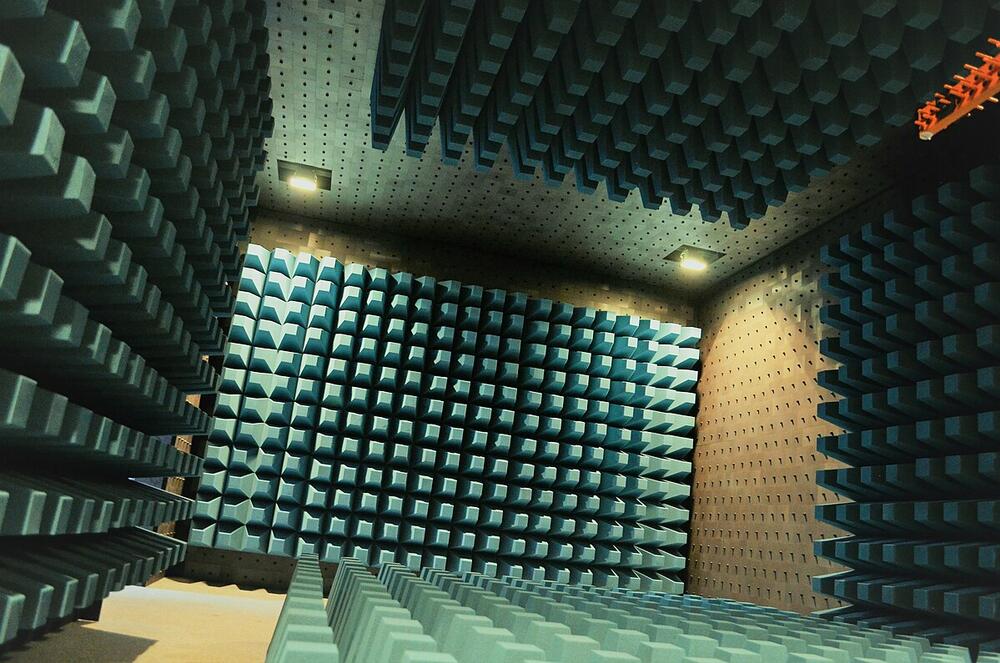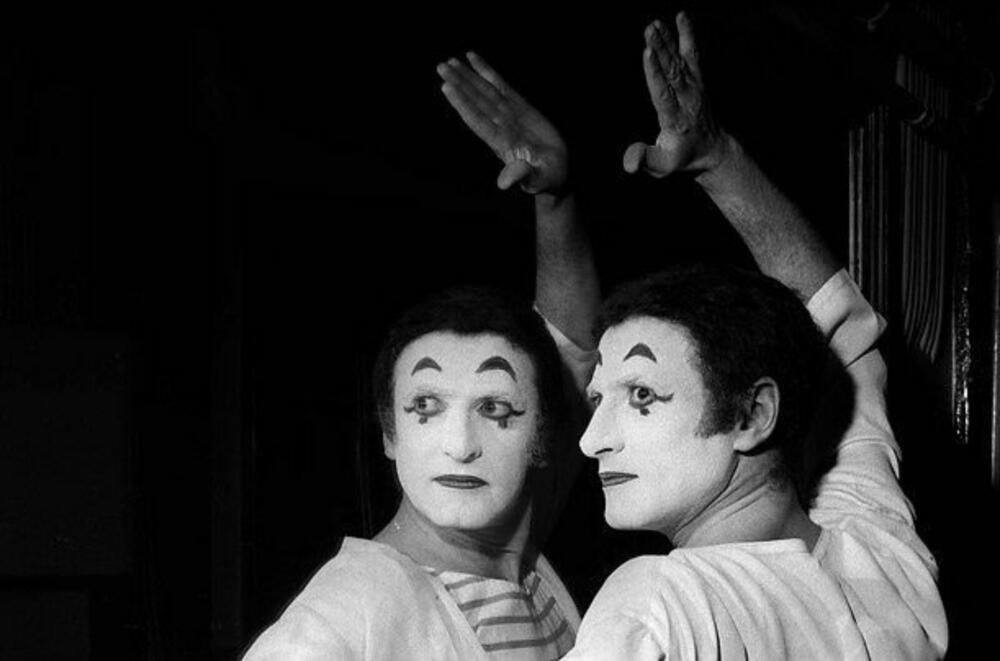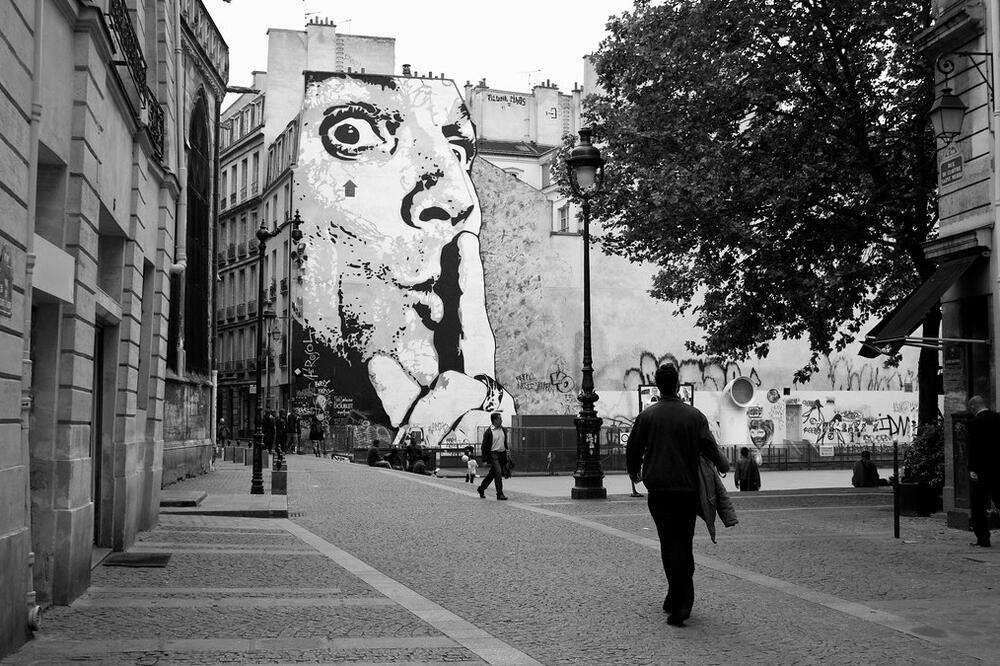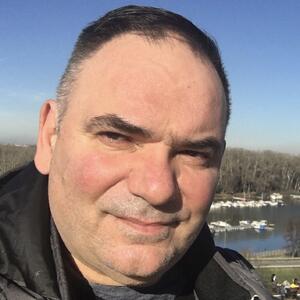Just today I'm listening to a song written 60 years ago by Paul Simon: "The Sound of Silence". I never thought too much about the text. Although this matter has followed me since childhood, although I listened to it countless times in the beginning of the eighties on the tape recorder in Zagreb's Borongaj barracks, I never heard the sung line so accurately and unpleasantly: "Fools" said I, "You do not know, Silence like a cancer grows..." Fools, don't you know, silence grows like cancer? What should I do, I didn't invoke that association, it set itself up: "Election silence grows like a cancer".
What exactly is silence?
Absence of sound. Muk. The complete opposite of noise. That's how dictionaries describe silence. It should not be equated with inner silence, a state of mind independent of the noise of the world. Inner silence is the state that brings well-being to the soul. Because noise is toxic. The one who knows how to turn it off, through willpower or meditation, has protected himself from the capillary flows of civilization's poisons.
You can also live in Tishina - that's the name of the settlements in Pomurje in Slovenia, near Šamac and near Zenica in Bosnia. In Croatia, Tišina is divided into Kaptolska and Erdedska. Imagine the happiness of those people. In the identity card it says: Place of residence - Tishina.
Nominality and reality rarely coincide, so even the residents of Tišina are not protected from the barking of neighbors' dogs or the sound of a drill on Sunday morning. Especially not from screaming headlines in the digital world.
On the other hand, isolation in a room without sound (camera silence) leads people to hallucinations, physical and mental decrepitude. The cancellation of the right to sound belongs to the so-called "white torture", a psychological torture that leaves no physical traces, but is equally devastating to health. Many empires, past and present, have been involved in this. And their cruel satellites.
In short, silence can be both a blessing and a curse.
Does this also apply to "election silence"?
Since the democratic world invented the unbearable noise of the pre-election campaign, in some places they thought that it would be good if the voters, served by propaganda messages and the hyperproduction of political waste, were given the opportunity to wake up in silence. No one jumps them out of the fridge, from the television screen. No one knocks on their door uninvited. No one is putting them on buses to go shout the praises of the leader. The assumption is that the individuals served by the pre-election campaign will be able to silently find their measure of things, their consciousness and conscience, their free will.
Is this practiced everywhere in the world, where voting is more or less free? No. In the Czech Republic, Denmark, Georgia, Great Britain and a number of other countries, agitation is prohibited only near polling stations. In the United States, any idea of introducing "election silence" would be met with fierce resistance across the political spectrum. The First Amendment of the US Constitution guarantees freedom of the press and speech, so it is pointless to argue with it.
But even in countries where there is a mandatory "electoral silence", its meaning is undermined by moving propaganda noise to the Internet.
This has already been described and explained by smart students of political science from Poland to Indonesia - the truth about "false silence" has long since found its way into term papers and doctoral dissertations. Proposed solutions to this propaganda noise digitally are not of much use. Completely shutting down the Internet during the "election silence" would be a draconian, and often unconstitutional, move. Punishing digital propagandists is often impossible due to legal obstacles - what to do with a profile that spews party propaganda in Serbian, but is anchored on an American server? On top of that, statisticians say that the vast majority of people already know very well what they are going to vote for a few days before the election.
Hallucinogenic network
At the same time, social networks assume an increasingly important role in political communication. Unsanctioned defamation, cursing, outrageous lies, total trash communication, do not serve to inform, but to emotionally mobilize and synchronize potential voters. Paired with the anti-culture of reality shows, the model by which political performances on propaganda television are dominantly staged in the media, social networks have long prepared the consciousness of participants in that type of communication for amorality and aggressiveness.
Therefore, it is impossible for political reality show addicts to take away their toxic opiate, it only temporarily moves into the digital sewer and there it unhindered even obstructs the meaning of the election, let alone the "electoral silence".

Social networks can paradoxically lead to the same result as locking a person in a "deaf room" - to hallucinations. The impossibility of distinguishing fact from fiction, blind faith instead of a natural critical examination of givens, is a pathological but politically desirable condition of the victim. This hallucinogenic property of the web is a goldmine for manipulative characters. If they have the resources, the political scoundrels on the networks significantly intensify the fan emotions, already thoroughly prepared by the systematic artillery strikes of the controlled media, channeling the irrational urges of the atomized digital masses to their advantage.
This Balkan corner of the world is no exception. A few years ago, the Oxford Internet Society found in a study that formally organized manipulation campaigns on social networks took place in 48 countries. It is logical to conclude that today the number of those countries is significantly higher.
Silence in the land of all-day noise
We should also think about the philosophy on which "electoral silence" rests. If at the end of the pre-election campaign people need a break to think in peace, what does that tell us about the quality of that pre-election campaign? That it was just a continuous and total insult to common sense, free will and free thinking? Behind the "electoral silence" hides the gloomy, but probably correct, assumption that manipulation is the essence of political communication, especially during the pre-election period. Reckless agitation, eyeless propaganda should be stopped immediately.
I read somewhere that they call Korea "the land of the morning silence". I don't know if that applies to her southern or northern edition. Or for the time when she was whole. But I know that Serbia is not Korea, so no morning, noon, evening or night silence can be a poetic description of the country and people.
Here, people often act as if they are hard of hearing, but they are hard of hearing.
Where did the legislators get the idea that someone who can't control his voice in the neighborhood, yells into the phone in a full bus or an even more crowded bar, who can't control the decibels even when dealing with those closest to him, wants silence at all? He would like to think in peace? Or maybe he feels better while cheering and participating in the virtual lynching of political opponents? There are people who panic fear thinking, even more free decision. In silence they see a world conspiracy. Those cyberwarriors are then happy to ride the "electoral silence" to authenticate it with their digital writing. They cannot live without making noise. And they call that noise their opinion. This is not the home of Harpocrates, the ancient Greek god of silence. This is the house of the untreated camphora. I think any systematic sanctioning of political chatter on election day would lead to an epidemic of pantomime. Marcel Marceau, the famous French pantomime artist, showed during his lifetime that pantomime is "the art of silence". And in our country, if the sound is turned off, it would become a visual continuation of pre-election swear words. It would be a silence that can offend.

Healing silence
We have learned through experience that "electoral silence" is a legal vessel from which all meaning has leaked out during the digital revolution - although we persistently pretend that it is not. The only consolation is the fact that such dominance by the currently more powerful party is not possible on social networks, as is possible, for example, in the television industry.
Since "pre-election silence" is not really silence, the healing potential of inner silence should not be questioned.
Quakers - a Christian movement that originated in Britain in the 17th century - had an unusual habit of spending their gatherings in churches in silence. Their prayer was not heard. But that silence was considered a sign of the Creator's light in people. In Orthodox Christianity, the concept of silence is known. Turning to the inner spiritual world is based on the biblical words of Christ "The Kingdom of God is within you". Therefore, Orthodox mystics demand that peace, silence, silence, silence reign in the heart. Close to this is the highest Sufi level of invoking the Creator - without words. Because direct vision is too sublime to be described in words. If we add to all this the complete agreement of scientists and Buddhists that resting in silence is a daily meditative practice that preserves psychophysical health, then it is clear to us that silence is actually healing. Nietzsche would also add that it is powerful.
At one point in his seminal book, Thus Spake Zarathustra, he says, "Great events are not our loudest, but our quietest moments." And in another place he adds: "The quietest words are the ones that bring the storm. Thoughts that come on pigeon feet rule the world."
What is left for us on the day of "election silence", in which the demons from the digital cloaca try to catch us both by the soul and the throat for the last time? All we have to do is pretend not to see or hear bullies and loudmouths. To listen to ourselves, to keep quiet. In order to hear the quietest words and become aware of the depth of light-footed thoughts. In order to sense the "Sound of Silence" with their inner hearing.
Bonus video:





